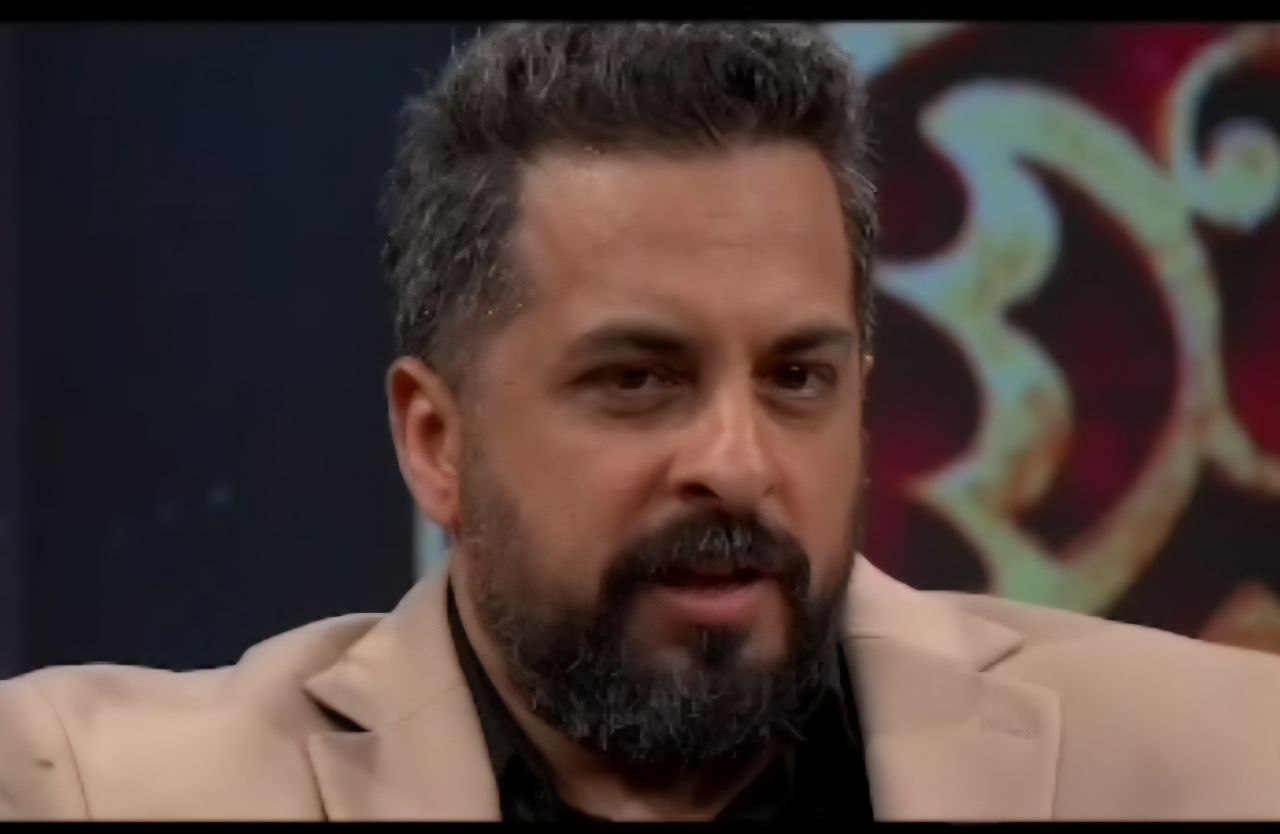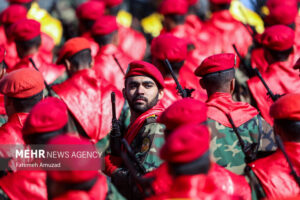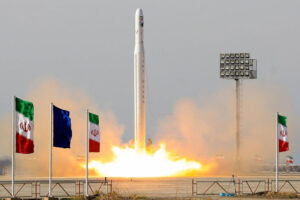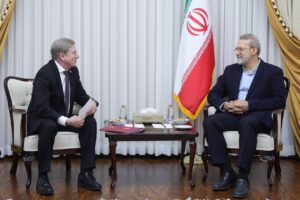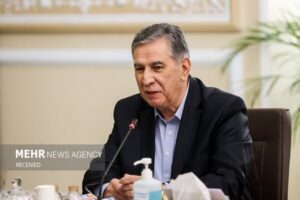Iran’s President Masoud Pezeshkian called for fairness, solidarity, and ethical multilateralism. U.S President Donald Trump, in a fiery address, glorified American triumphs while dismissing international institutions. The contrast could not have been sharper.
Pezeshkian began with the Golden Rule, “Do not do unto others what you would not wish for yourself”. He linked it to the ethical traditions of Christianity, Islam, Judaism, Eastern philosophy and secular thought as a shared principle that binds humanity. True greatness, he argued, comes not from dominance but from “piety, honesty, wisdom, purity and empathy towards other beings”
He then turned it on recent crises; the genocide and in Gaza, destroyed homes in Lebanon, shattered infrastructure in Syria, attacks on Yemen’s people, the forced starvation of “frail children in their mothers’ arms,” and assassinations of Iranian scientists, all supported by the world’s most powerful military under the cover of “self-defense.” Addressing the delegates, he asked; “Would you accept this for your own people?”
Drawing on Iran’s long history – the world’s oldest continuous civilization-he framed strength as collective, not solitary. Recalling the June strikes on Iranian cities and infrastructure by U.S and Israeli forces, he warned of dangerous precedents; attacks on safeguarded nuclear sites, assassinations of leaders and targeting of journalists. Yet Iran’s 12-day defense, he argued, deepened national unity, turning enemies’ “delusional miscalculations” into a “sacred” bond.
Quoting the poet Saadi “Human beings are members of a whole, in creation of one essence and soul”, Pezeshkian stressed that Iran’s true power flows not from weapons or conquests but from solidarity and empathy. Those who murder children, he declared, “are not worthy of the ‘human’ title, let alone being reliable partners”.
Politically, he proposed a seven-point vision for a “strong region”, joint defense for collective security, investment in shared infrastructure, fair resource distribution, environmental protection, cultural respect, sovereignty as non-negotiable, and “strength through peace.” He renewed his call for a weapons-of-mass-destruction-free zone in the Middle East, condemning nuclear powers that violate the NPT while pressuring Iran. European efforts to revive UN sanctions, pushed by Washington, he called “bullying” that destroyed the spirit of the JCPOA.
Trump’s speech, by contrast, was a victory lap filled with grievances. He hailed a “golden age” for America, booming growth, sealed borders, unmatched military might. In just eight months, he boasted, the U.S had ended “seven endless wars” without recognition (a factually false claim). He mocked climate policies as a “hoax,” blasted the UN as useless, and warned European allies that uncontrolled immigration would send their countries “to hell.”
For Trump, respect is won through tariffs, energy sales, and military muscle. As for global laws and institutions, they’re mere props in a zero-sum game. His formula for peace is “dominate or disengage”.
The contrast was stark. Pezeshkian sought to transform scars, like the betrayal of diplomacy during the June strikes, into bridges of cooperation, offering Iran as a “solid and reliable partner” built on dignity and trust. Trump framed the world as a ledger of winners and losers.
As wars rage, conflicts smolder, and new battlefronts threaten to ignite, we stand at a crossroads. The assembly was more than rhetoric, it was a reckoning.
Will the world choose empathy or ego? Will it embrace the Golden Rule of shared humanity or surrender to the Rule of Force that fuels endless war? In the end, it is for the world to choose between Pezeshkian’s vision of solidarity and Trump’s creed of ego.

